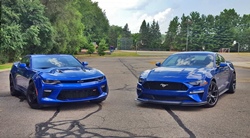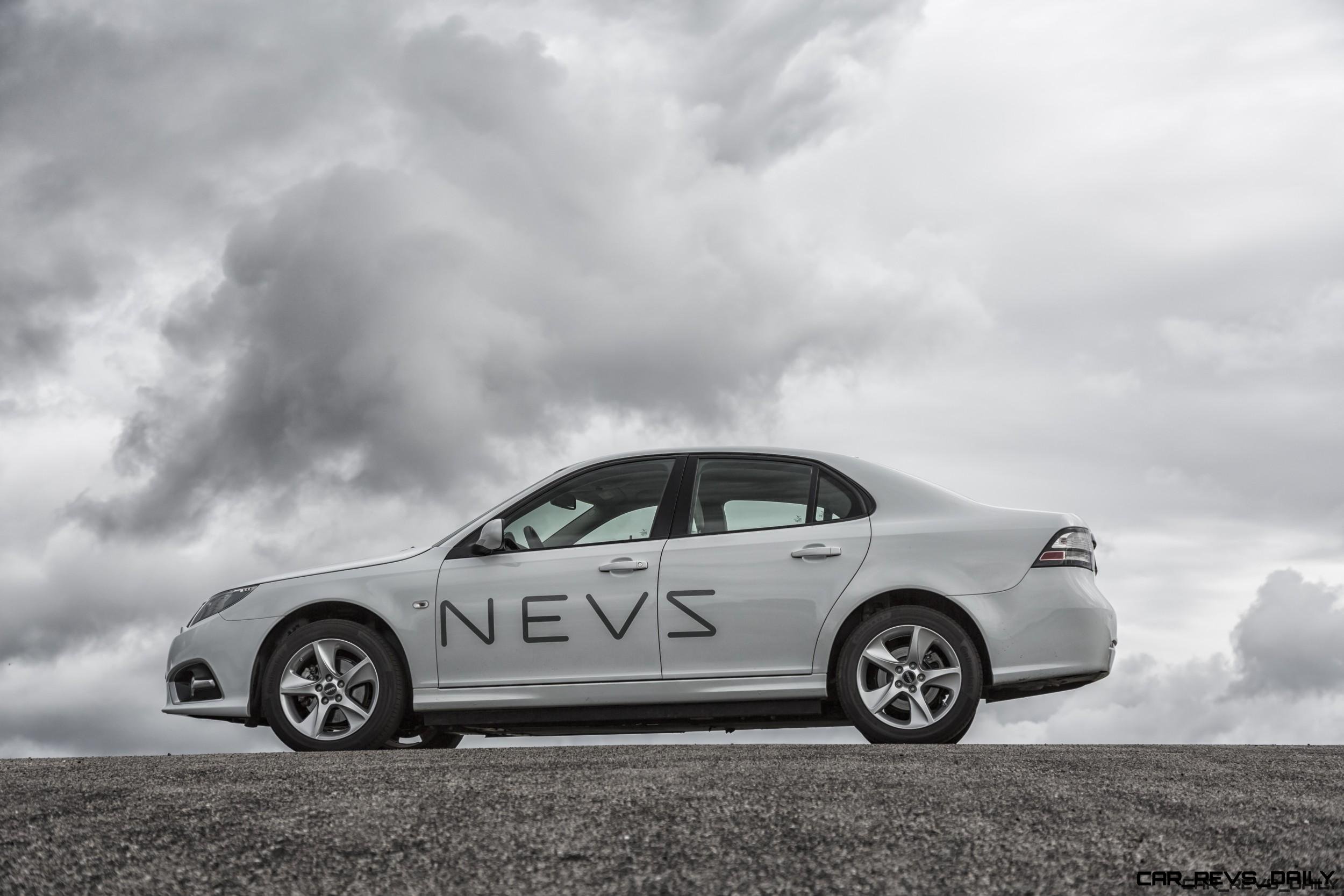In an announcement released earlier today, National Electric Vehicles Sweden (NEVS) has revealed that it will be building an electric version of the 9-3 in China over the next few months.
For those not familiar with NEVS, it is the company that bought out the remnants of Saab following the brand’s last gasp under the ownership of Spyker. While NEVS currently has the rights to continue building the aging and increasingly obsolete 9-3 sedan, it could not purchase the Swedish firm’s iconic Griffin logo, and actually lost the rights to the Saab name itself in 2014 after entering bankruptcy.
According to Motor Authority this latest development centers around the Chinese government’s recent approval for NEVS to build the electric 9-3 at a plant in Tianjin, which is still currently under construction at the time of this writing. When the plant is eventually completed at the end of this year, it will have an annual production capacity of 200,000 cars per year.
The new model will largely look like the 9-3 that was sold in the U.S. market until 2011, which is a mixed bag because while the 9-3 still looks remarkably crisp for its age, it is also a nearly 10 year old design that is hopelessly out of date in many categories especially in interior technology, as well as safety features.
With NEVS currently not having access to any of the V6 and four cylinder power plants that powered GM and Spyker era 9-3s, it is currently unknown what will be nestled underneath the hood, but look for NEVS to perhaps partner with another automaker to help cut down development costs, as well as design an electric powerplant that would be under 3.0 liters (the biggest 9-3 engine available was the GM sourced 2.8 liter turbocharged V6.)
This new EV would also spearhead a broader push that would see NEVS initially focus on the Chinese market exclusively, which would give the company time to build up a roster of all new electric vehicle offerings. There are currently no plans to introduce the model to buyers in Europe or the United States, but those plans could possibly change depending on how well the company does in China.

Carl Malek has been an automotive journalist for over 10 years. First starting out as a freelance photographer before making the transition to writing during college, his work has appeared on numerous automotive forums as well as websites such as Autoshopper.com.
Carl is also a big fan of British vehicles with the bulk of his devotion going to the Morgan Motor Company as well as offerings from Lotus, MG, and Caterham. When he is not writing about automobiles, Carl enjoys spending time with his family and friends in the Metro Detroit area, as well as spending time with his adorable pets.

